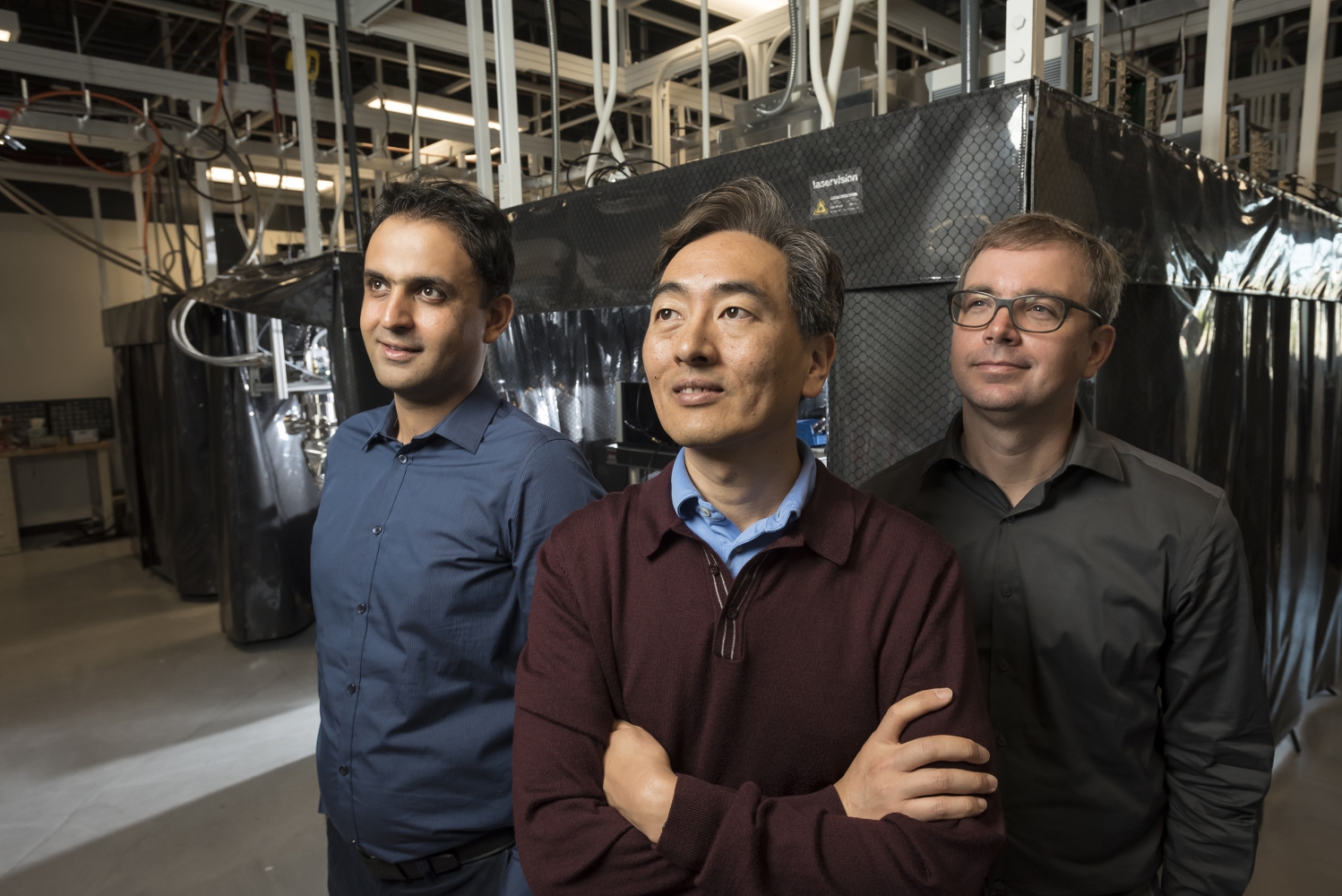
The best way to accelerate progress in quantum information processing is to co-design devices to applications. In these early stages of quantum computing and simulation, it is critical to optimize operations to solve a particular problem. Only by running different types of quantum applications are we able to best design the next generation quantum computers and simulators.
Our trapped ion quantum computers have the key advantage of flexible and reconfigurable programming. First, our qubits are perfectly replicable and have no observable idle decoherence; second we can load any number of qubits needed; and third the interactions behind the computations and simulations are reconfigurable in software because they are mediated by laser beams. From a high level, our gates and simulation interactions are fully connected and highly expressive, making them highly efficient for executing circuits, simulations, and algorithms.
DQC quantum computers and quantum simulators are used to tackle problems in many areas of science — from condensed matter physics and molecular modeling to nuclear structure, high energy physics and cosmology. We have many collaborators across the world from universities, national laboratories, and industry, all interested in running certain applications on our hardware.
Recent News

‘More Possibilities Than There Are Particles in the Universe’
Jungsang Kim was a bit of an anomaly at Duke when he joined the faculty in 2004. Fresh out of the telecommunications industry, and with a PhD in physics from Stanford, Kim soon filled his new Duke lab in electrical and computer engineering with delicate, complex constructions marrying physics and engineering: reconfigurable optical systems whose… Read More »‘More Possibilities Than There Are Particles in the Universe’

Marko Cetina: Building Quantum Machines to Understand Physical Processes
In July 2021, Marko Cetina will join Duke University’s Department of Physics as an Assistant Professor. An atomic, molecular and optical physicist, Cetina has used his wide-ranging research in light, lasers and atoms to both explore the basic physics of quantum phenomena and support the development of improved technology necessary for today’s leading quantum machines.… Read More »Marko Cetina: Building Quantum Machines to Understand Physical Processes

Software Tailored Architectures for Quantum CoDesign (STAQ)
Researchers from Duke University will lead a seven-university, $15 million collaboration with the audacious goal of building the world’s first practical quantum computer. Dubbed the Software-Tailored Architecture for Quantum co-design (STAQ) project, the effort seeks to demonstrate a quantum advantage over traditional computers within five years using ion trap technology. The project is the result… Read More »Software Tailored Architectures for Quantum CoDesign (STAQ)